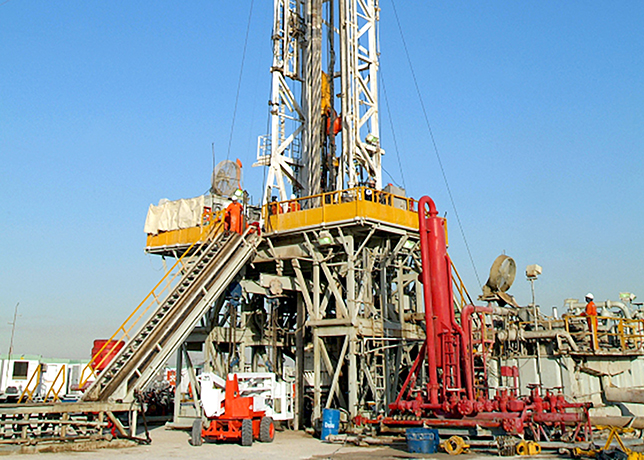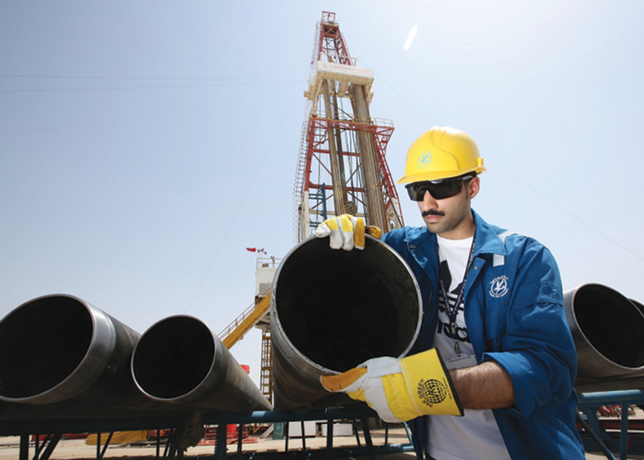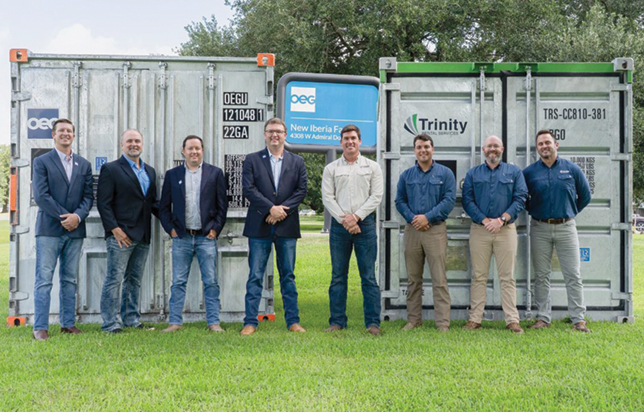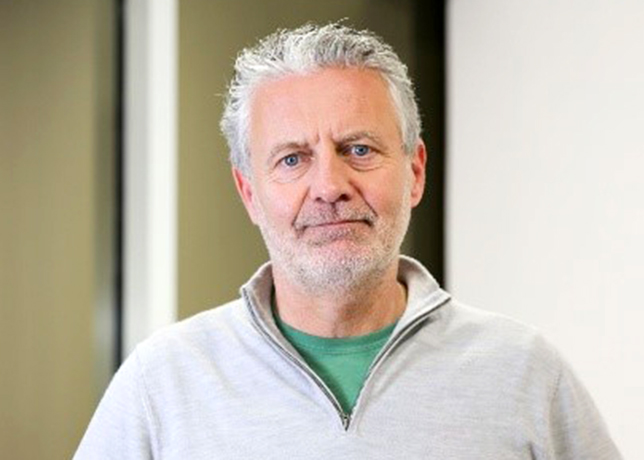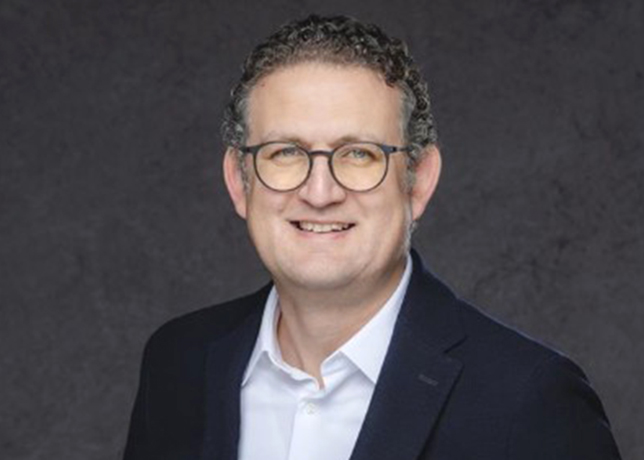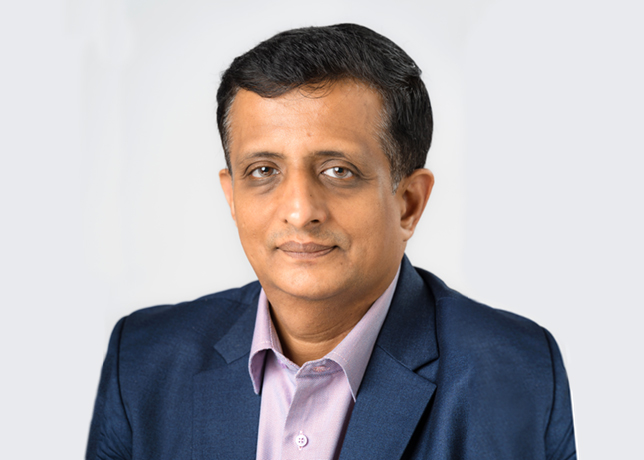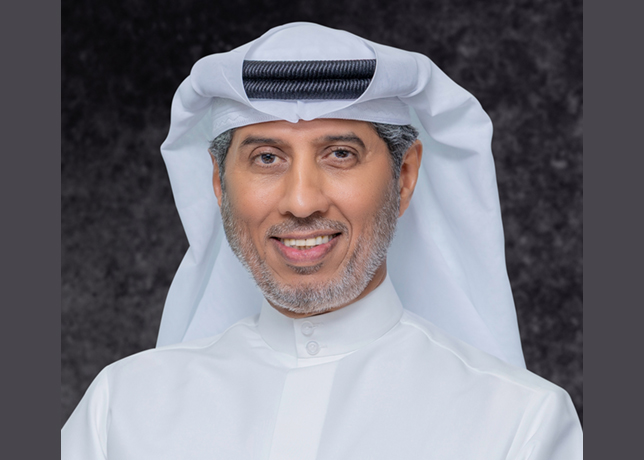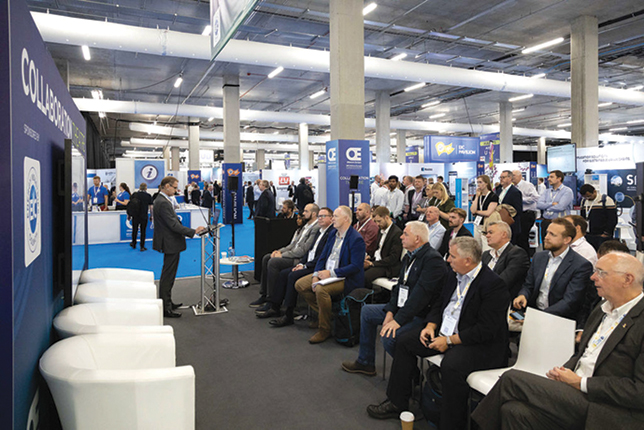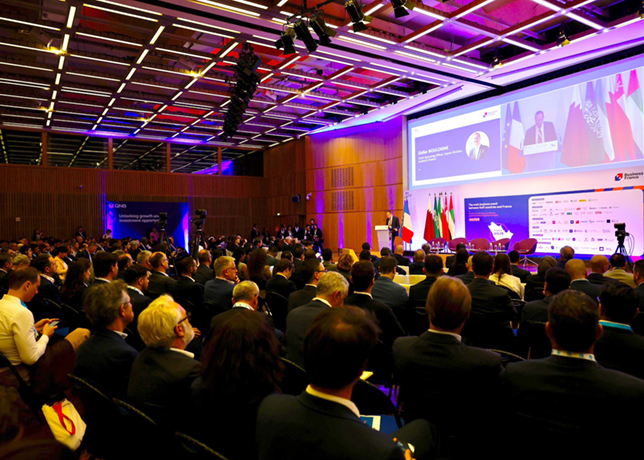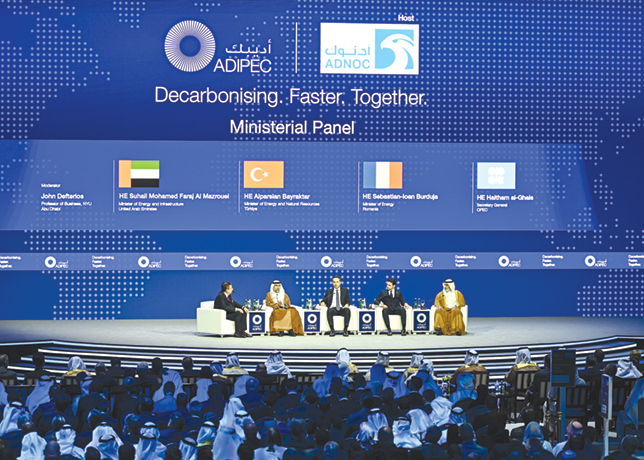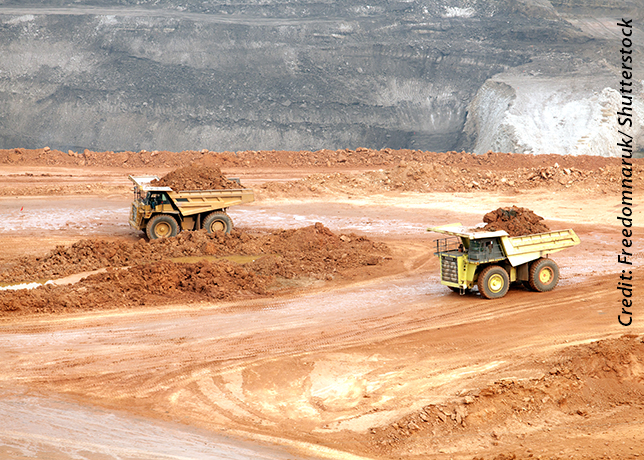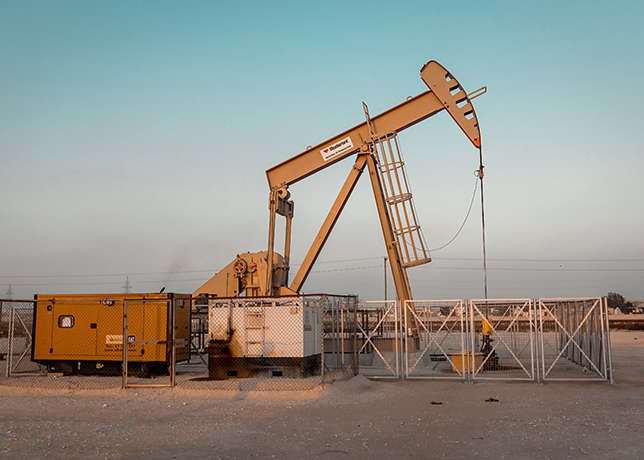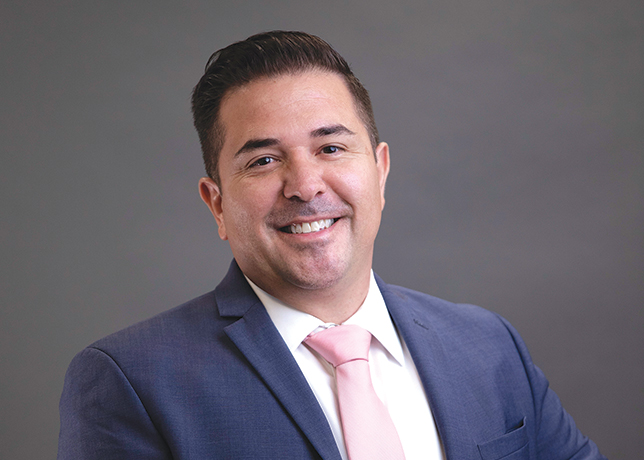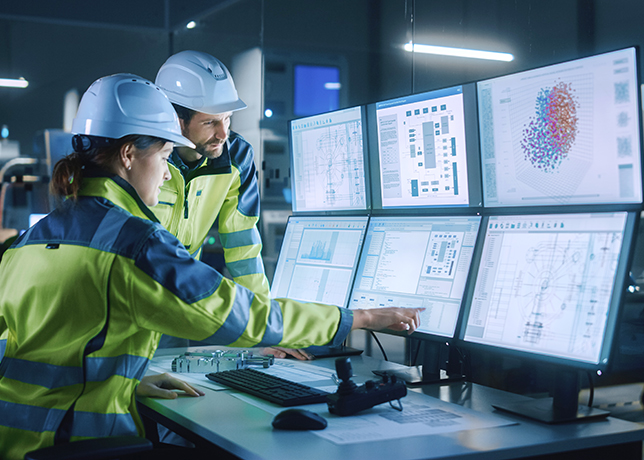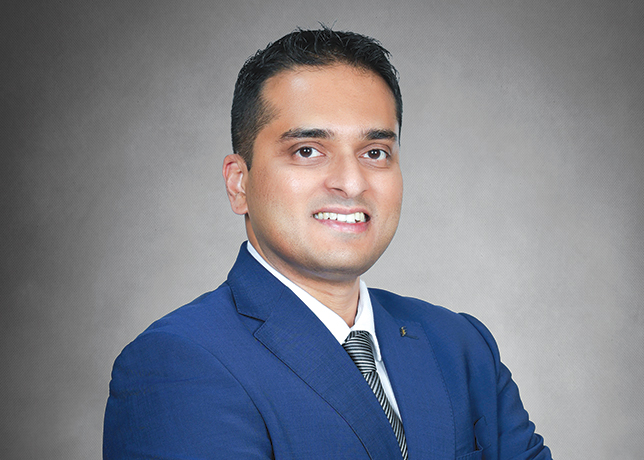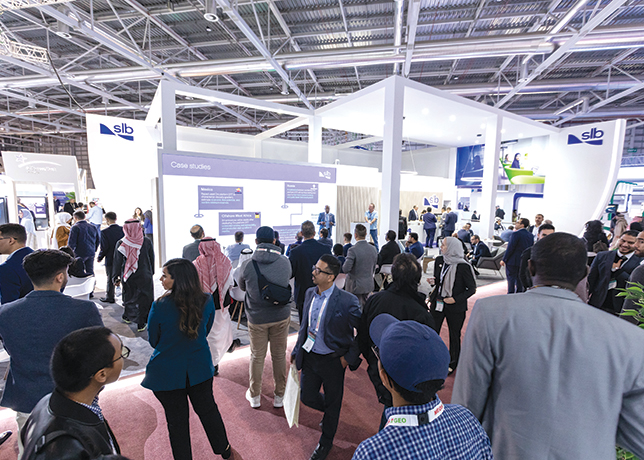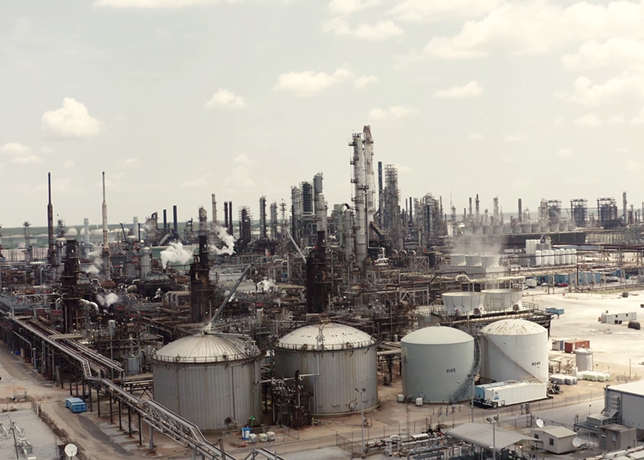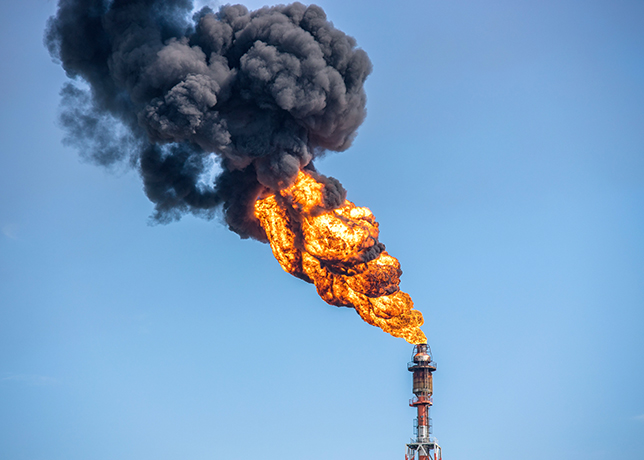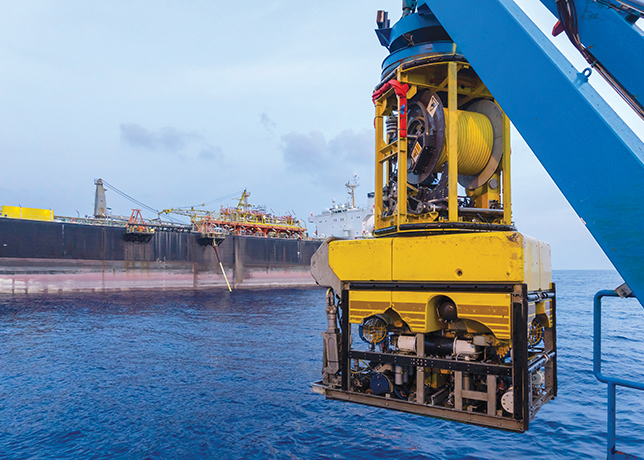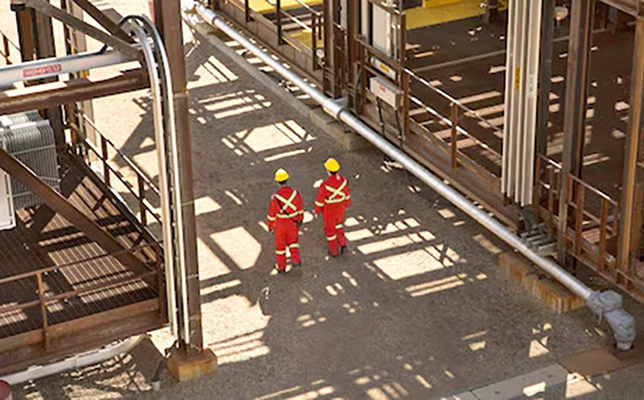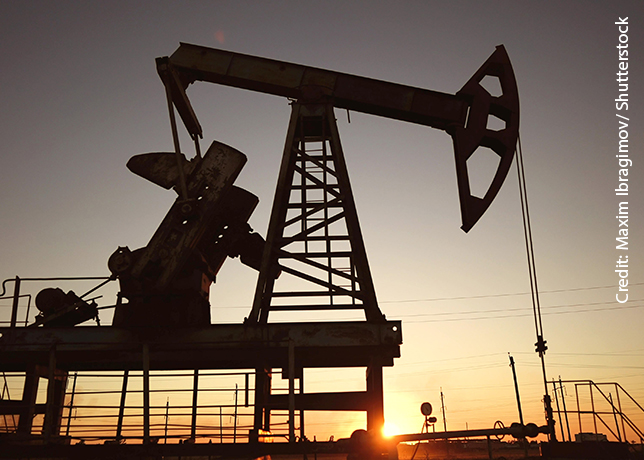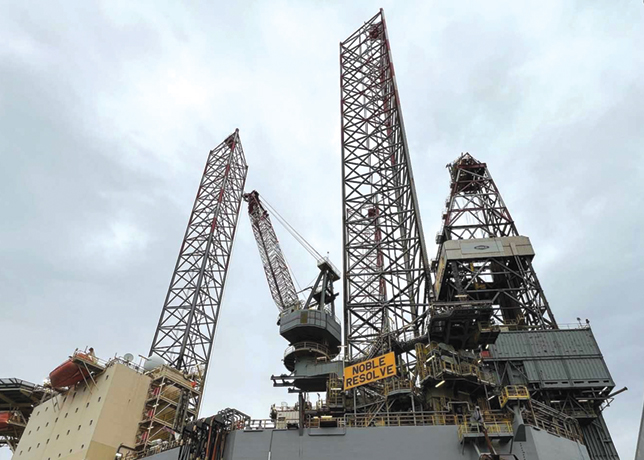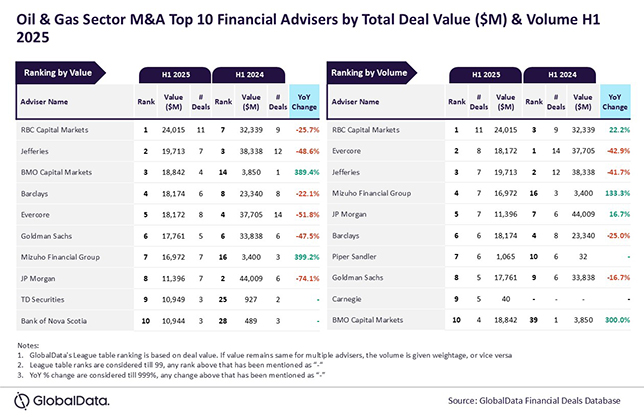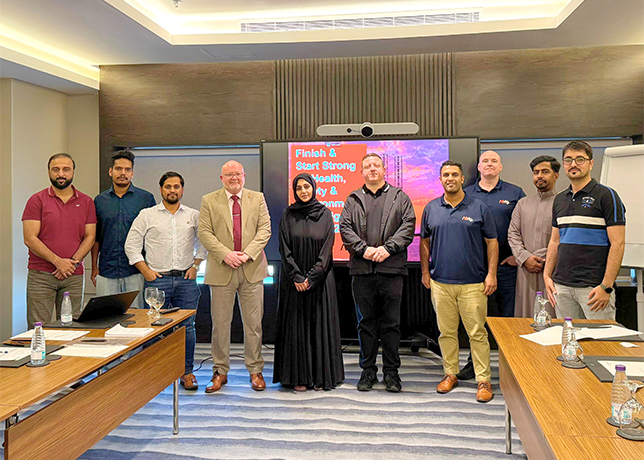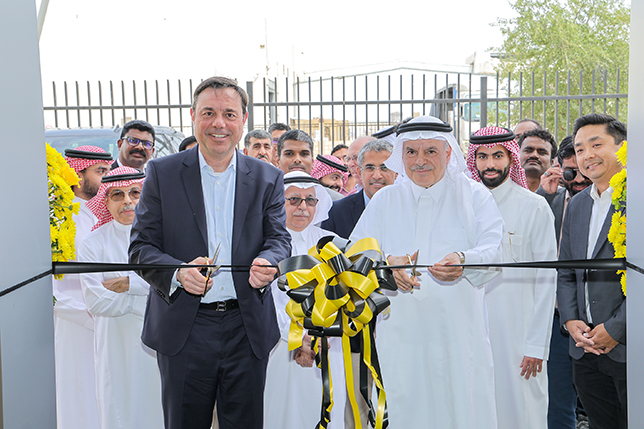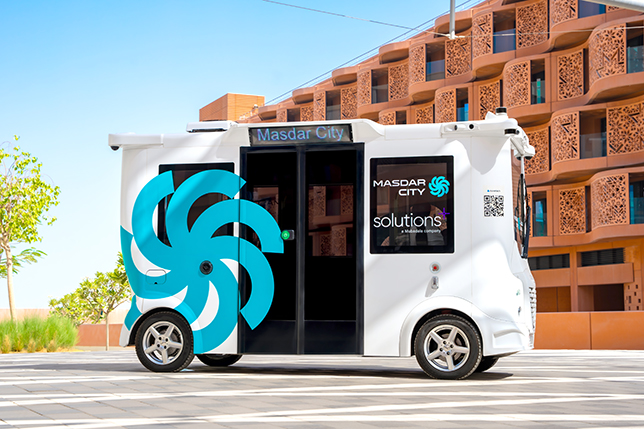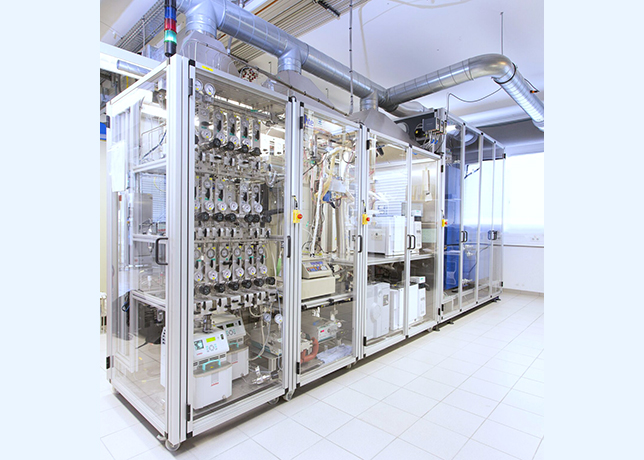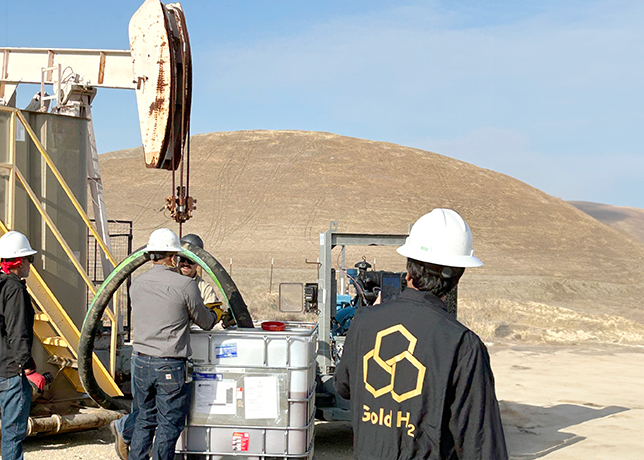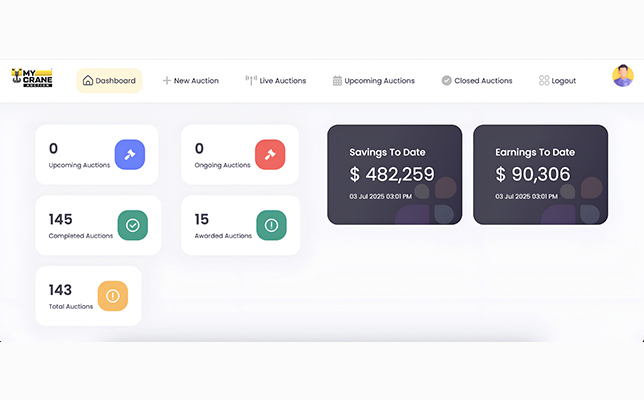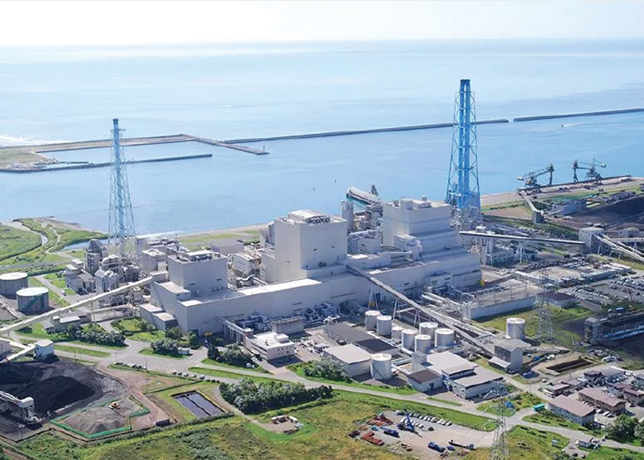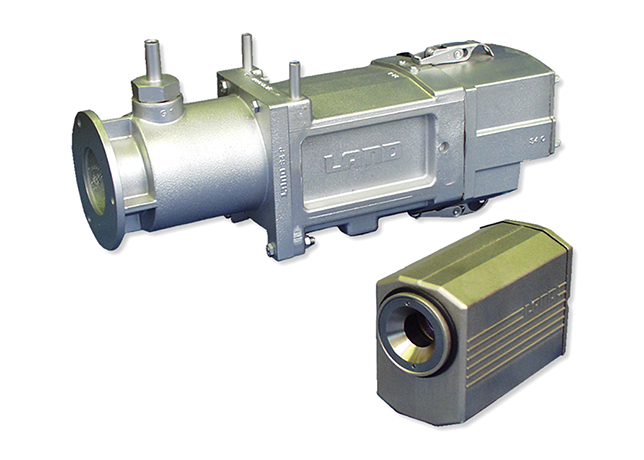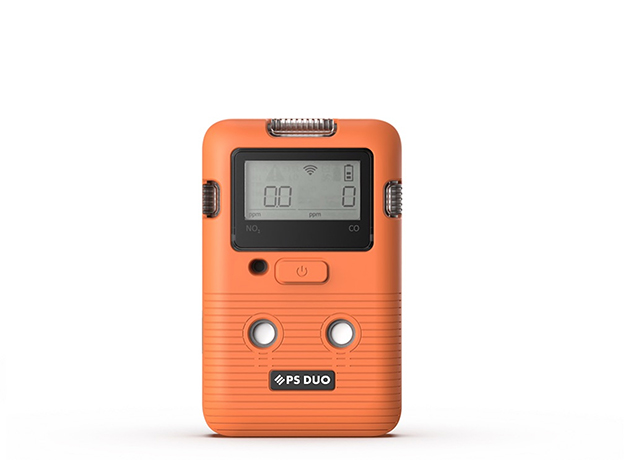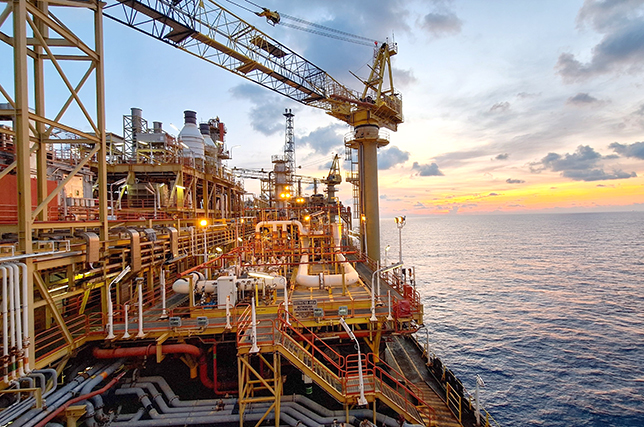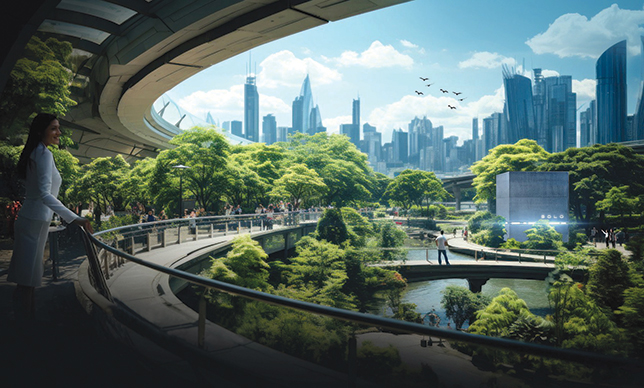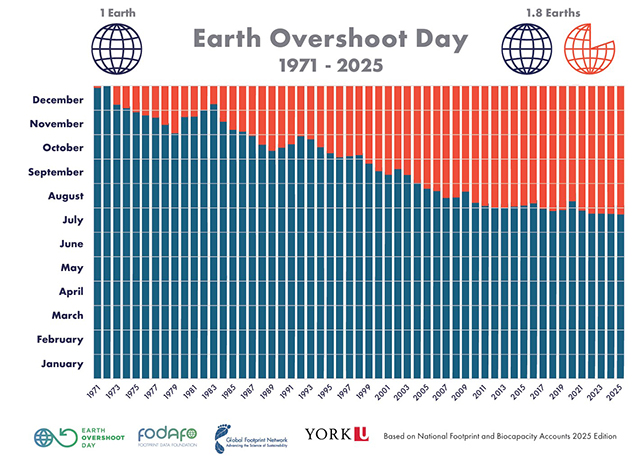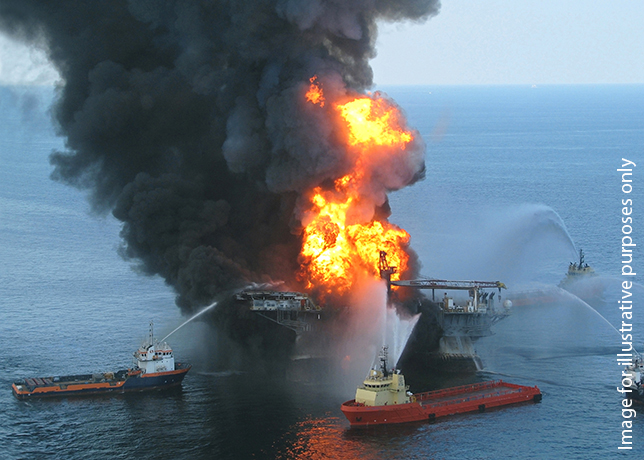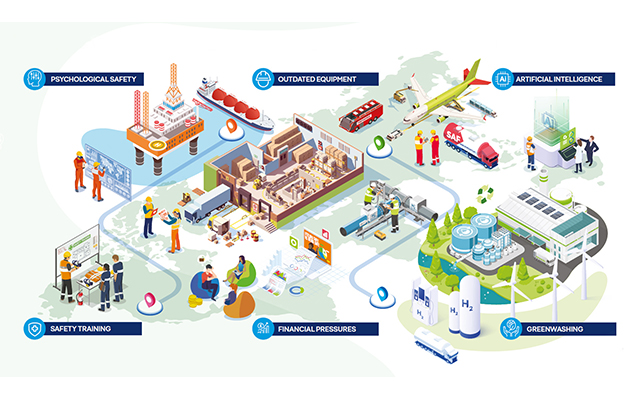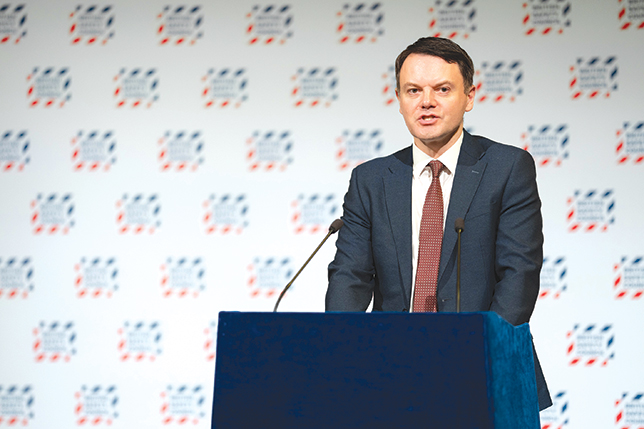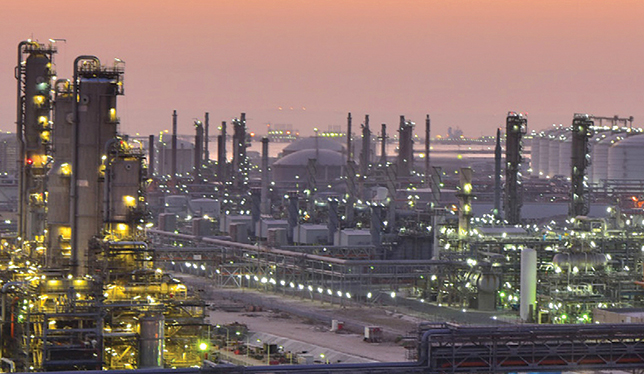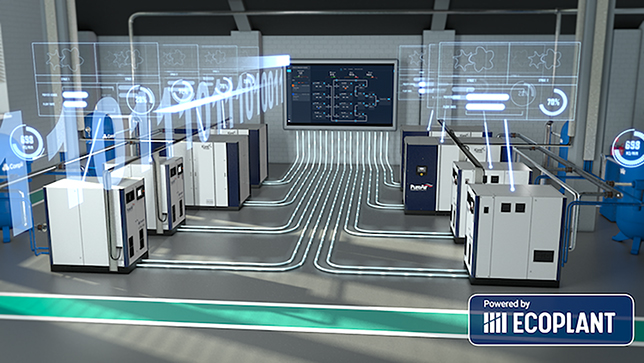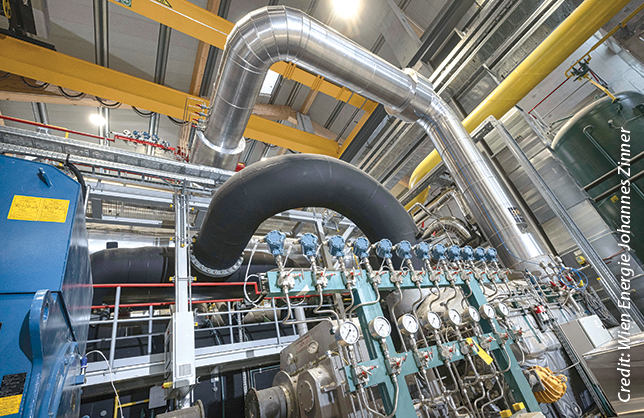
 EKaterina Burge and Jon Aldiss, the engineer behind LiftaLoo
EKaterina Burge and Jon Aldiss, the engineer behind LiftaLoo
Cargostore Worldwide, a supplier of DNV and ISO certified shipping containers for onshore and offshore projects, has partnered with Griffin Special Projects to introduce the LiftaLoo, a portable welfare units for the offshore market.
The LiftaLoo addresses the long-standing challenge of providing safe, hygienic, and inclusive toilet facilities on structures like wind turbines and floating platforms.
Despite industry efforts, crew well-being and site efficiency have been compromised due to personnel waiting for CTVs to return to the worksites before boarding and using the onboard facilities or using lower standard chemical flush solutions.
The LiftaLoo is part of Cargostore’s global offshore product offering and features a LOLER-certified single lifting point and is constructed from recyclable Linear Low-Density Polyethylene (LLDPE), eliminating the need for external aluminium framing and reducing weight and corrosion risk. It is designed to withstand high-impact drops, ensuring durability in demanding offshore environments.
The LiftaLoo features hot water handwashing powered by a patented low voltage rechargeable battery system, enabling up to 224 hot washes per full charge at the UK Carehome Standard of 40 deg C. Each unit includes a full suite of welfare features designed to meet the UK Health and Safety Executive’s (HSE) strictest guidelines as standard.
Cargostore estimates that offshore technicians can currently spend up to 45 minutes per toilet break, costing operators an estimated 1.4 hours of downtime per technician per shift, resulting in a 17.5 per cent productivity loss. By enabling safe, hygienic, and immediate access to on-site facilities, operators gain not only efficiency but also improved staff well-being, reducing stress and physical strain.
Ekaterina Burge, Global Business Development Manager at Cargostore Worldwide, said: "It’s well-recognised that working offshore places high physical and mental demands on personnel.
Operators are committed to improving the working environment offshore, not only because of their duty of care but also due to the need to attract and retain a diverse new generation of talent to accelerate clean energy projects. A truly fit-for-purpose welfare solution simply did not exist, until now."


